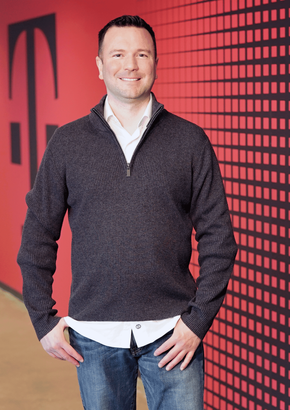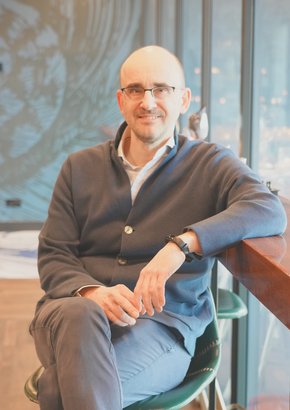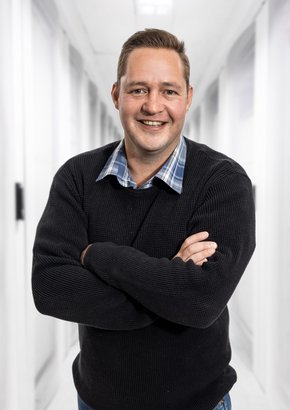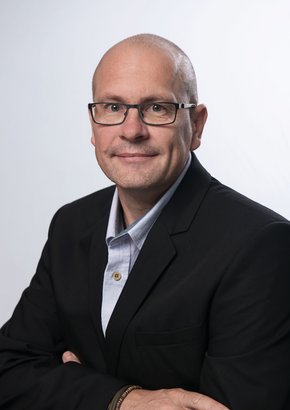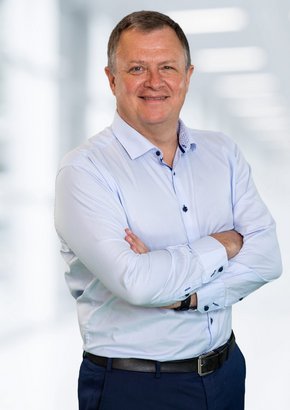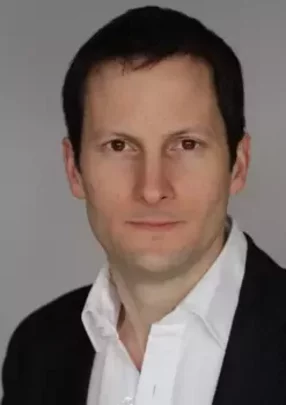
Ben Kellard
Director of Business Strategy of CISL
COP26 has placed sustainability, and specifically a low carbon future, right at the forefront of the business strategy agenda. No longer are companies able simply to pursue a profit at all costs strategy without considering the environmental consequences of their actions. The customer of the future will simply not allow it.
However, for many companies there exists a large gap between intention and reality. They might wish to clean up their act, but how do they accomplish this? In many respects, the first step is to define what a sustainable business is and to work out whether you are one.
“The sustainable business identifies a purpose that serves society in a sustainable way,” explains Ben Kellard, Director of Business Strategy at Cambridge Institute for Sustainability Leadership (CISL), which is part of Cambridge University. He believes they adopt an external view to understand how the world is changing in terms of factors such as inequality and climate change. “That is completely reshaping how we do business, what our consumers expect of us and so on,” he says.
Sustainable businesses also take an “inside-out view”, considering “what they are really good at as a business”, and overlap that with the changing needs of their consumers to identify a “sustainable purpose”, which they “internally integrate throughout the business.” In effect they make sustainability core to their business, aligning all their working practices and innovations to this central mission.
Kellard believes that creating sustainable business practices can also be a highly motivating factor for the workforce.
“Human beings are purpose-led social animals,” he says. “For a long time, businesses haven't really tapped into that. They’ve just sold us stuff. I think that when you align a corporate purpose with creating a sustainable future, that is something people can really get behind.
“Staff feel they can bring their full selves to work rather than leaving their real self at the door and picking it up again, at evenings and weekends.”
This is where CISL comes into play. Research, undertaken with leading academics in Cambridge and worldwide, is channelled into practical business and policy solutions.
“We advise leading companies on how they can become more sustainable,” he says. “We also figure out what that means and then research it.”
In many respects, CISL acts as a matchmaker introducing progressive businesses to each other. “We convene them together to help them and test ideas with them,” he says. “Because we bridge rigorous academic research and the real world.”
They are also carrying out research about what sustainable business means for individual leaders, and have produced a guide to help businesses achieve net-zero goals. “What are the capabilities needed for individual leaders to shape organisations to deliver a sustainable future?” Kellard asks.
For him, this is not just a key question for CISL, but also for the planet.
“It’s often called the decisive decade because in a climate perspective if we don’t make major changes this decade, we’re essentially running out of time,” he says “So we will continue to find strategic partnerships to work with others, to deliver the shift in the economy.”
It is a sentiment that would be echoed not just by the leaders present at COP26, but also many of the demonstrators at fringe events across Glasgow. Kellard, for one, believes it represents the future of business in a low carbon world.
Read the full story HERE.
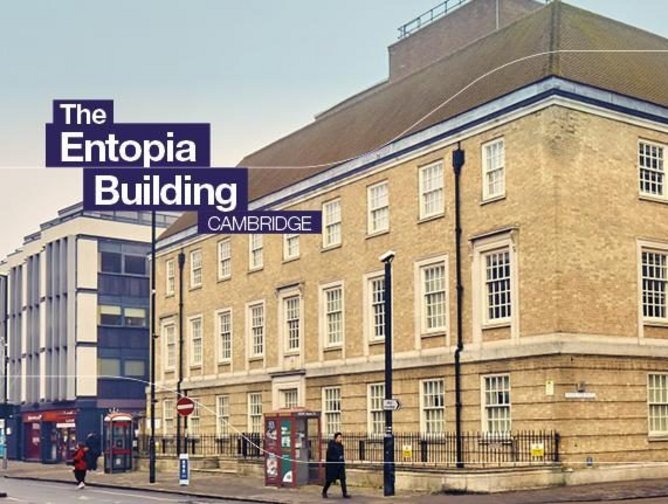
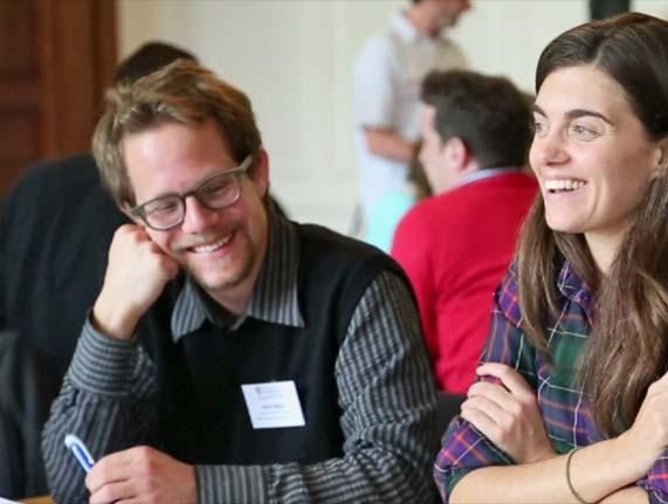
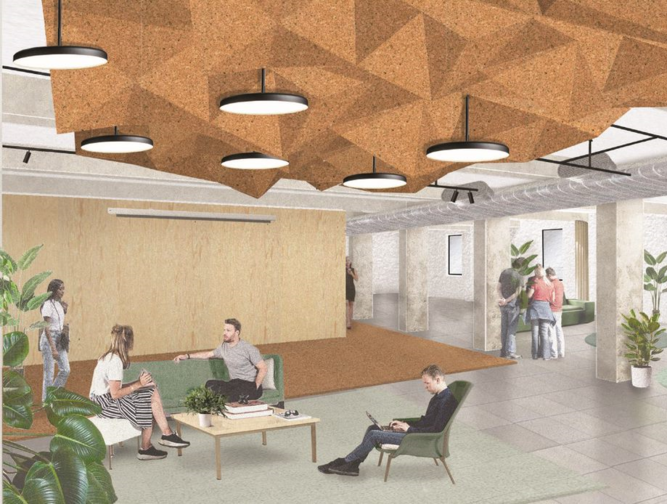
Featured Interviews
“The vision behind the customer centric Supply Chain (SC) transformation programme, emphasised the potential for supply chains to contribute to the top line, in addition to the traditional bottom line.”

